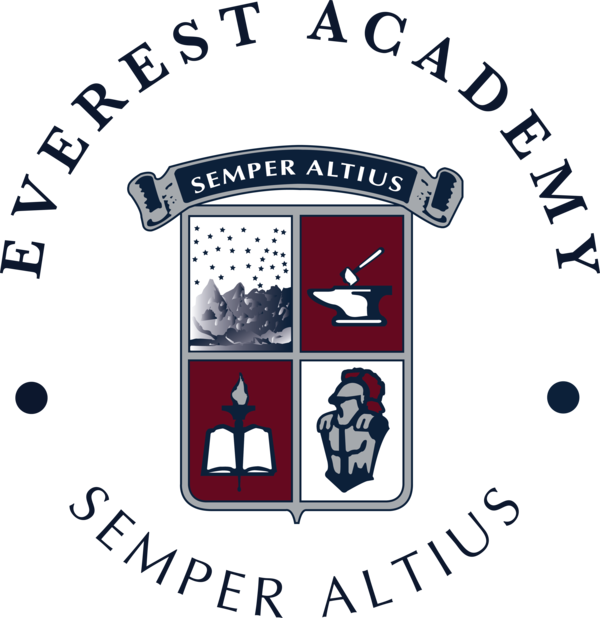Study Skills and Homework
Build on previous grade level study skills to help students use their time effectively and solidify their strengths, such as the responsibility of having materials, reviewing flash cards, and outside reading.
Stay on task and remain focused on a subject for a period of 30 minutes.
Keep a calendar with important dates and events that apply to school work (due dates, tests, specials, friends’ birthdays, etc); this will assist in learning time management skills and long-term planning.
Keep a standing file folder at home for the student, where important material is kept (subject folders for study guides, graded quizzes and tests, classroom newsletters, special work, important information regarding assignments, etc.) for their future reference in preparing for tests.
Write assignments in their assignment book, and gather necessary homework materials, preferably working for self-responsibility without teacher reminders.
Turn in homework on the day it is due.
Review math facts, spelling words, wordly wise, Spanish vocabulary, and spend time reading each night.
Use time wisely by being organized, write neatly and follow directions carefully.
Day to day assignments vary, and may included (but are not limited to), math, spelling, wordly wise, Spanish, and comprehension activities.
The length of time spent on homework is heavily dependant on the individual child; therefore it is difficult to put a time frame on the task. However, on a typical night, the child may spend 30 minutes, plus additional time reviewing math facts and outside reading.
Establish a routine at home as to when and where homework is to be done everyday, away from distractions and interruptions.
It is important that when homework time begins, students have all the necessary tools at hand so as to minimize interruptions and time off-task.
Reading
Students will:
Learn and effectively apply a variety of reading strategies for comprehension.
Identify the purpose.
Clarify by asking questions.
Categorize information.
Make a mental picture.
Make predictions.
Sequence.
Retell.
Make inferences.
Remember critical details.
Focus on the development and mastery of story elements; characters, setting, plot, climax, resolution, theme and point of view.
Study a variety of genres. These include, but are not limited to: fairy tales, fables, novels, short stories, biographies, poems, and historical fiction.
Read fluently, with expression.
Math
Students will:
Master basic skills in addition, subtraction, multiplication, and division.
Develop and master strategies for problem solving; restate the problem, identify relevant information, brainstorm approaches, identify the answer.
Develop skills needed to write a number sentence.
Master one and two step word problems.
Understand perfect squares, square roots, roman numerals, and decimals.
Add and subtract fractions with like denominators
Use denominators and identify mixed numbers.
Compare quantities, order numbers, and place value to the hundred thousand.
Introduce and develop multiplication skills; 1 digit x 3 digit, with and without regrouping.
Develop division skills; 3 digit by one digit, introduction to 3 digit by 2 digit with quotient written as remainder.
Grammar and Creative Writing
Students will:
Write a complete sentence with appropriate grade level spelling, grammar, punctuation, etc. and identify the subject and predicate.
Identify nouns, verbs, and adjectives.
Write a basic paragraph with topic sentence and details to support the main idea.
Write a story using the writing process; prewriting, revision, proofreading, publishing. Students will use a variety of methods to assist in the writing process; for example, outlining, word webs, and story maps.
Types of writing developed and mastered include, but are not limited to; personal narrative, descriptive and expository, comparison and contrast, cause and effect.
Evaluations
Weekly tests in spelling, wordly wise, and math.
Weekly reading comprehension assessments (oral and/or pencil and paper).
Oral assessments and brief quizzes may be given in all subject areas on a daily basis, unannounced.
Bimonthly tests in Catholic Formation.
Monthly (dependent on material) tests in science, geography/history, and language arts.
Oral assessments are given in all subject areas on a daily basis.
Specials
Music for 30 minutes, twice per week
Religion
Social studies
Science
Physical education for 45 minutes, twice per week
Art for 45 minutes a week
Spanish for 45 minutes, four times per week

